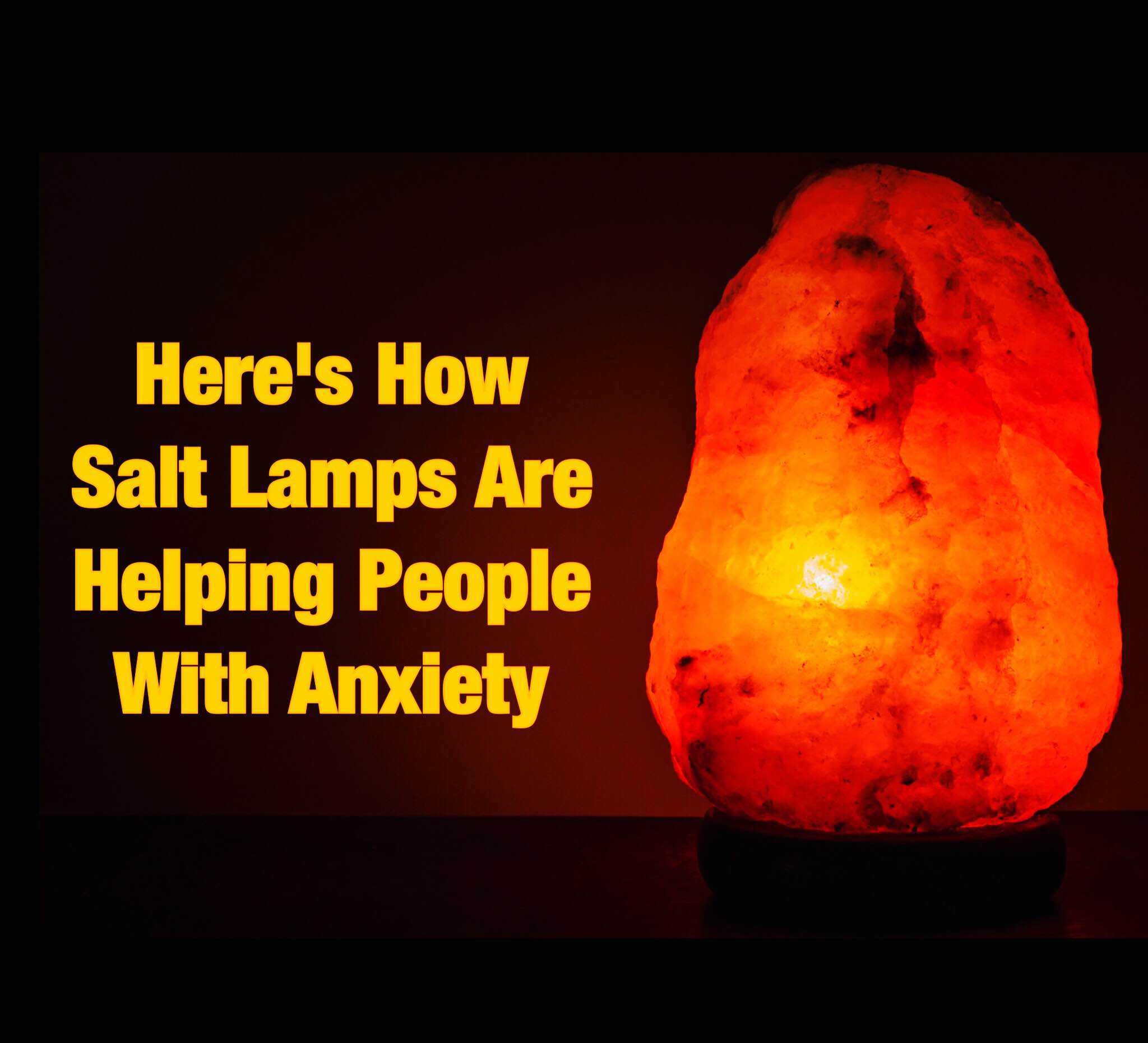Narcissism is a mental health condition involving an unreasonably high sense of importance. A high-functioning narcissist is good at hiding the signs by putting off an air of confidence.
Even when they seem confident, they are often unsure of their self-worth and become triggered by criticism. Their behavior affects their relationships, work, finances, and school matters. It often leads to unfulfilling and troubled relationships, causing people not to enjoy their company.
It’s sometimes easy to recognize narcissism, but it’s often harder to see than you’d think. A high-functioning narcissist often leads a good life and takes responsibility for their success.
What Is a Narcissist?
Many people think that a narcissist is someone who posts too many selfies on social media. They might also think of someone who constantly talks about themselves. However, that isn’t always the case because one factor is feeling superior to the point they believe they should receive special treatment.
Signs of Narcissism
According to the Diagnostic and Statistical Manual of Mental Disorders, a narcissism diagnosis requires meeting five of the following criteria:
- having a grandiose sense of self-importance
- requiring excessive admiration
- feeling that they’re unique and should only associate with other high-status people
- lacking empathy
- being preoccupied with fantasies of power, unlimited success, brilliance, beauty, or perfect love
- entitlement
- showing arrogant behaviors or attitudes
- engages in exploitative behavior
- constantly being envious of others
The severity of someone’s narcissistic personality disorder (NPD) can vary compared to others. There’s a spectrum, with some showing signs more severely than others. Plus, they’ll show signs in some settings while being high functioning in others.
NPD is more common in males, but it can happen to anyone. Signs often begin during the person’s teens or early adulthood.
Ten Signs Someone Is a High-Functioning Narcissist
Knowing the signs of a high-functioning narcissist can help you watch out for and handle them appropriately. It’ll help you recognize when boundaries are necessary.
1 – Gaslighting
A high-functioning narcissist will blatantly lie, accuse others, and spin the truth to make you question your reality. If they worry they’ll get in trouble or be left behind, they’ll gaslight you to manipulate your emotions and thoughts.
Once their charm wears off, they will manipulate you for their benefit. They prioritize their needs no matter the expense to others.
Gaslighting is a way for them to gain superiority over you. Someone might be gaslighting you if you:
- frequently make excuses for their behavior
- no longer feeling like yourself, especially after spending time with them
- feel anxious or less confident than before
- feel like everything is your fault when something goes wrong
- apologize more often than you used to
- question your responses to your partner
- notice that everything you do feels wrong
- question if you’re being overly sensitive
- sense that something’s wrong, but you can’t identify it
2 – The Narcissist Is Arrogant
People with narcissism often are arrogant and become abusive or rude when they don’t get treated how they think they should. Since they believe they’re superior to others, they condescend to those they think less of.
Their arrogance can make them believe they’re never wrong and won’t apologize for anything. If they offer an apology, it’ll be halfhearted and only as a last resort to win you again.
When arrogance is an issue, it’ll seem like the person doesn’t hear or understand you. They won’t take responsibility for anything, and they won’t be willing to compromise. Instead, they’ll keep pushing until you agree with them.
3 – Entitlement
Someone who acts like they deserve special treatment or something they didn’t earn might be a narcissist. They think everyone else should comply with their desires and that they can bend the rules without consequences.
4 – Seemingly Charming Behavior That Quickly Changes
A high-functioning narcissist often seems charming and charismatic early in a relationship. They don’t show their negative traits until later, and then they let their true personality show.
Some can maintain long-term marriages or relationships because of their false sense of charm. It often leaves their partners or friends feeling like they’re the problem, although that isn’t the case.
If you start a romantic relationship with someone like this, they’ll constantly compliment and love bomb you. You might think they come on too strong, and you shouldn’t ignore that gut feeling. Giving into this experience can leave you vulnerable to toxic behavior when your partner gets comfortable.
5 – A Narcissist Demands Frequent Compliments and Admiration
Narcissists often need constant admiration from those around them. They spend time with people who compliment them often and make them feel validated. Their lack of self-esteem leads to needing attention and admiration to feel better.
6 – Constant Teasing That Becomes Mean
A narcissist will be mean to you and play it off as teasing. Sometimes this behavior starts innocently, but before you know it, they negatively comment or react to everything you do or say.
They’ll say hurtful things to diminish your self-esteem and claim they were joking. It makes the person feel powerful because they know they can affect your emotional state. When you do something worth celebrating, they might say something rude or spew insults to make you feel better than you.
7 – They Won’t Let You Get a Word In
If you know someone who hogs the conversation and constantly discusses how great they are, they might be a narcissist. Their inflated sense of self-importance leads to exaggerating their achievements and one-upping everything you say. They want to feel more intelligent and self-assured, so they want to keep talking about themselves.
Narcissists won’t listen to others because they’re too busy thinking about what they can say about themselves next. They won’t want to talk about you, so they don’t ask follow-up questions or act interested when you bring something up. Instead, they’ll turn everything around and talk about themselves.
8 – They Make Unethical Decisions
Everyone makes mistakes, but when someone habitually makes unethical decisions, it could indicate narcissism. They often joke about the behavior and will try to encourage you to join in. Their unethical decisions might involve illegal behaviors, lying for monetary gain, or cheating.
9 – A Narcissist Is Often Unable to Keep Many Long-term Friends
Those with narcissism have frequent conflicts with others, making them unable to keep friends. They tend to be hypersensitive and insecure, leading to lashing out at those close to them.
Narcissists want to surround themselves with people who feed their egos and make them feel superior. It often leads to superficial relationships, contributing to their inability to maintain long-term friendships.
10 – The Narcissist Lacks Empathy
A narcissistic person experiences deep self-involvement and ignores the needs, wants, or feelings of those around them. They also don’t understand that their behavior affects others and dismiss other people’s problems. This lack of empathy is often a leading sign that someone has narcissistic tendencies.
Someone lacking empathy might make it seem like they don’t see, understand, or accept you and your feelings. They won’t care if you had a bad day, a disagreement with a loved one, or struggled with something else. Sometimes it’ll seem like they’re bored as you try telling them about your situation.
How to Handle a High-Functioning Narcissist
Recognizing the signs can help you address harmful relationships in your life. Once you identify the issue, you can look for ways to handle them without letting it influence you. If you don’t find healthy ways to address them, it can affect your mental health and well-being.
Set Clear Boundaries
Setting boundaries is the best thing you can do when dealing with a narcissist. Be clear about the behaviors you’re not okay with and enforce them without warning. Tell them the specific behavior you won’t tolerate and what you’ll do if they continue.
Build Your Self-esteem
Improving your self-esteem can help you cope with having this selfish person in your life. How they treat you is detrimental, so focus on positive self-talk and self-care to feel good about yourself. It’ll help you build resilience and gain confidence.
Rely on People You Trust
Building a solid support system can make a difference. Close friends, family, and professionals can help you overcome the experience. You’ll likely feel emotionally drained by the narcissistic treatment without a support system to turn to.
Consider rekindling old friendships and building new ones. You can also spend more time with close family.
Ask The Narcissist If They’re Willing to Seek Help
If you’re close to someone with narcissism, you can continue your relationship if they’ll get help. They might not want to do it because it requires admitting that they aren’t perfect. However, they may want to improve their lives and be better for those around them.
Walk Away
Sometimes it’s best to walk away from a narcissist if they won’t get help. That might be the case for you if you experience:
- verbal or emotional abuse
- physical abuse
- manipulation or control
- threats
- isolation
- harmful mental or physical health affects
Final Thoughts on Signs of a High-Functioning Narcissist
Dealing with a high-functioning narcissist is complex and can negatively impact your life. You might not realize the issue immediately, but identifying these signs can help. Once you know you’re dealing with narcissism, you’ll know which steps to take to handle it. It’ll help you improve your life and find satisfaction without detrimental interferences.



















